Tips to Land a Dream Job in Autism Therapy
June 02, 2022
June 02, 2022
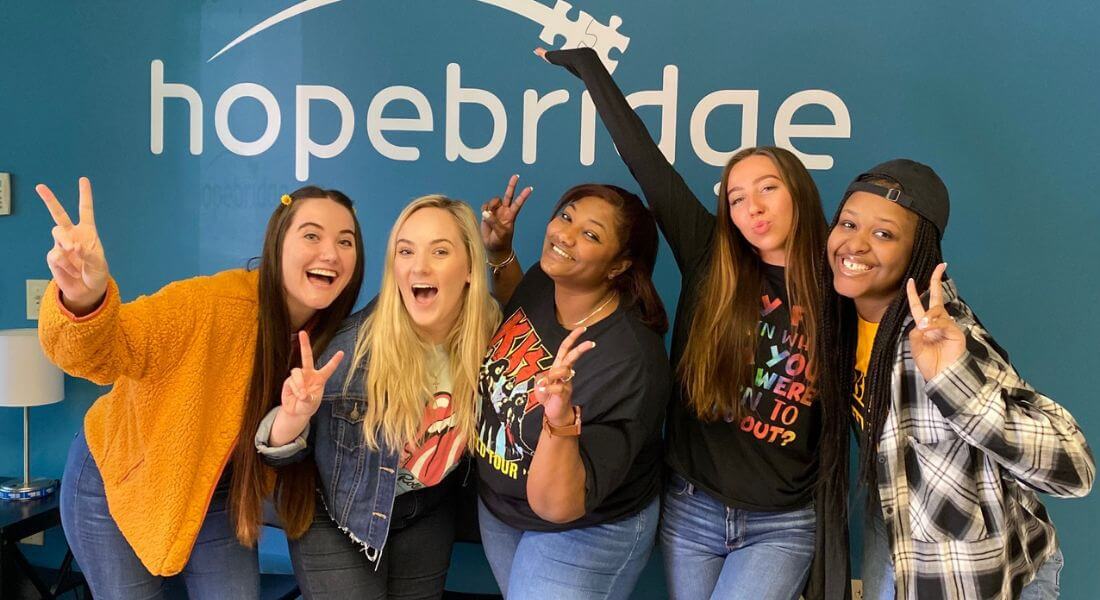
You’re in it for the kids. To help expand a voice for those not often heard. In honor of the sibling or friend who could have used more support so many years ago. For the smiles, high fives and array of “firsts” some families never expected to experience. And because you know your work today will influence someone’s independence decades from now. Whatever your “why” is for working in the autism world, we are here for it.
But we are also here for you.
As a board certified behavior analyst (BCBA), speech-language pathologist (SLP), registered occupational therapist (OTR) or clinical psychologist, we know you chose this occupation because of the kids … but that doesn’t mean you shouldn’t aim for your own personal and professional goals, too! At Hopebridge, we want to help you better the lives of our children while also setting you up in a fulfilling career filled with endless opportunities.
Of course, we hope this means Hopebridge gets to be part of your journey, but no matter which path you take, we aim to set you up for success. To do so, we recently connected with members of Hopebridge’s Talent Acquisition Team, who are on a mission to help you land your dream job working with kids with autism spectrum disorder (ASD). They shared an insider’s look at the hiring process in the world of behavior analysis, plus a range of tips to help you in your job search and find the best company match for you.
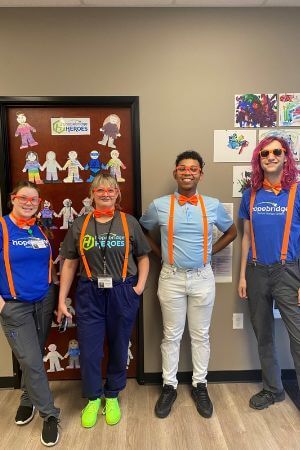
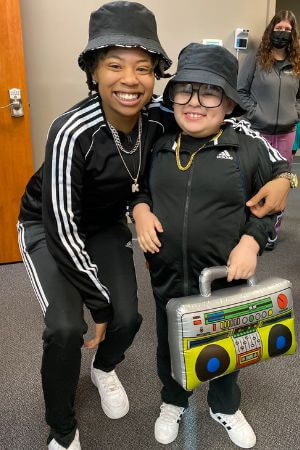

There are many opportunities open to clinicians wishing to serve the autism community and today’s world offers new ways to stay in tune to all the available possibilities. Whether you are just starting your job search or are happy with your current role and just want to keep conversations open for the future, here are some networking tips on how you can connect with organizations of interest and continue to evolve within your career.
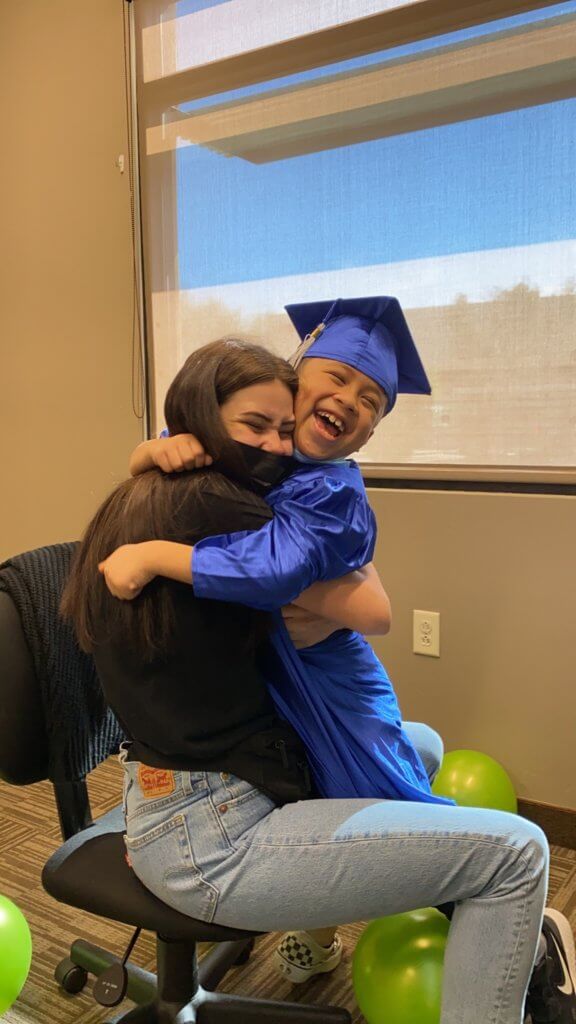
“These conversations should be easy. Speaking with a recruiter shouldn’t feel like a pressured, high-stakes situation. We are here to be a transparent information resource to help everyone make the best choice,” said Director of Talent Acquisition David Weinstock.
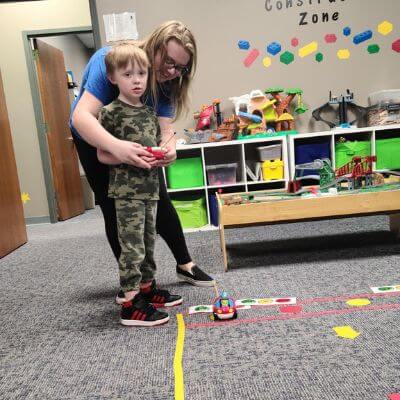

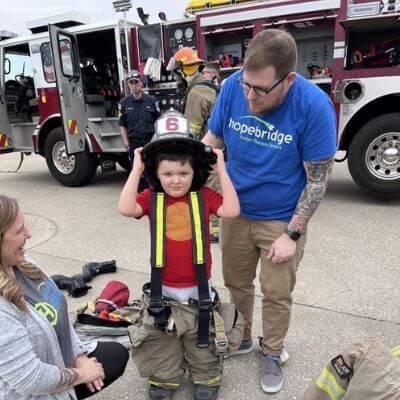
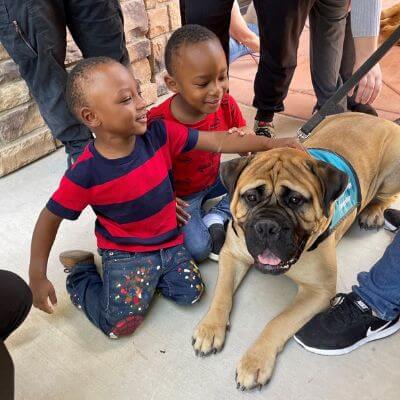
Ok, you applied, now what?
For those who apply on their own, we typically have someone from our team make the initial contact within 48 business hours. We know that phone calls may not always be easily answered, so we like to send a follow-up text or email, too. We want to meet candidates where they are at and connect in a way and time that is best for them. It is important to us that we quickly reach out to everyone who applies, even if the applicant is not qualified for the position, as we appreciate the interest and do not wish to leave anyone in the dark.
Other times, a recruiter will reach out to a candidate first to set up a call, even before they’ve applied for a job. As the number of jobs in applied behavior analysis (ABA) continue to increase comparatively to the number of clinicians in this country, we will likely see this more and more.
At Hopebridge, we don’t think of our first call as a phone-screener or interview. We treat it more like a casual conversation.

“I’m not asking interview questions; I’m just having a conversation,” said Senior Talent Acquisition Partner Kayla Birk. “Let’s say you’re a BCBA. In my mind, I feel like that already makes you more qualified than I am to decide whether you’re qualified for the job. I can look up whether you are certified and find out how many years of experience you have on my own time. Instead, I want to learn what is important to you in a company. What is motivating you to make a change? What are your career goals? What makes work fun for you?”
Once we have this initial touchpoint, we coordinate the virtual or phone interview with one of our regional BCBAs or clinical specialists. Depending upon candidate availability, this typically takes place within three to five business days. This is where the clinical conversation comes into play. While recruiters aim to answer any questions from candidates, it’s often best to save assessment-related questions and other clinical topics for the interview with other clinicians.
Whatever the decision may be after that call, we aim to move through the next steps of the hiring process within a week, depending upon scheduling. Ideally, we’ll be able to submit an offer or let the candidate know the status within 48 business hours. We do not make our candidates speak to everyone in the company or get it approved by several layers of management before we decide to hire them. We know how important time is to our candidates and our current team, so we want to make it as simple, smooth and quick as possible for everyone involved.
“Each piece of our hiring process has a purpose. We know clinicians have a lot of opportunities to choose from right now, especially in ABA, so our goal is to personalize and humanize the interview process for those involved,” said David.
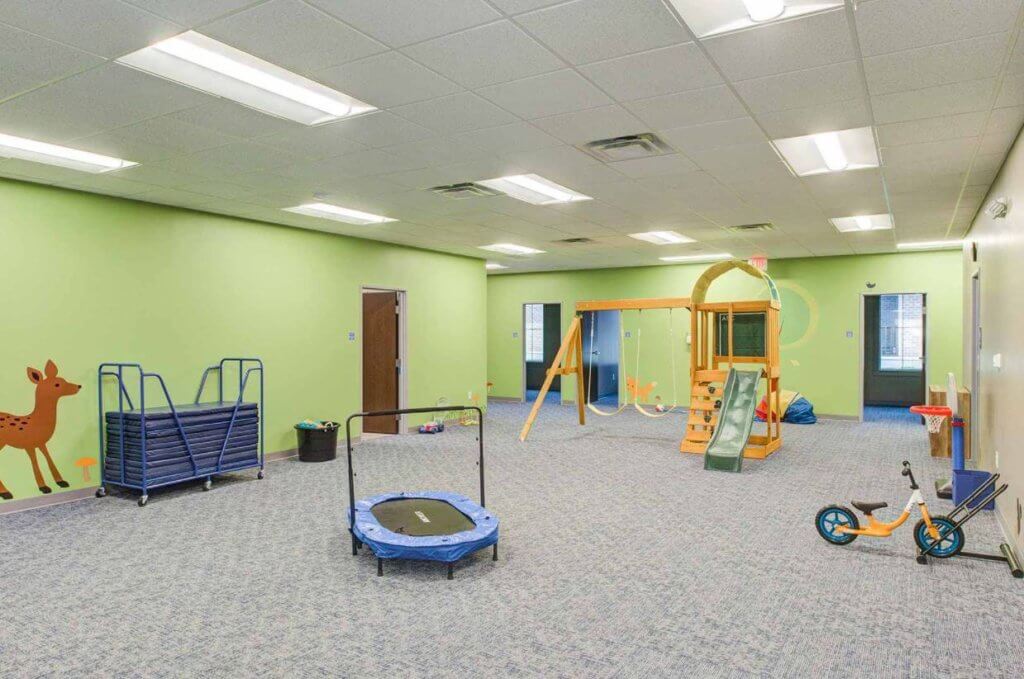
If the candidate is interested, we can also arrange a center tour. We want potential employees to be able to see the kids and the facilities in which they will be working, so we’re happy to coordinate a visit.
If this piece got you excited about the opportunities to advance your own career, we hope you’ll consider doing that through a job in autism services at one of our many locations across the nation. To join the Hopebridge team, connect with us and check out the open positions to take the next step in your career. We can’t wait to see what you can do!
*Informed consent was obtained from the participants in this article. This information should not be captured and reused without express permission from Hopebridge, LLC. Testimonials are solicited as part of an open casting call process for testimonials from former client caregivers. Hopebridge does not permit clinical employees to solicit or use testimonials about therapeutic services received from current clients (Ethics Code for Behavior Analysts 5.07-5.08; BACB, 2020). Hopebridge does not provide any incentives, compensation, or renumeration for testimonials provided by a former client or client caregiver.
Team Spotlight
October 04, 2022
How Hopebridge Sets up the Team for Success in Their Roles
Team Spotlight
August 26, 2019
Tanzi Mitchell - Transitioning from Early Childhood Education to ABA
Team Spotlight
August 12, 2020
Jasmine Payne Builds Career and Friendships at Autism Center